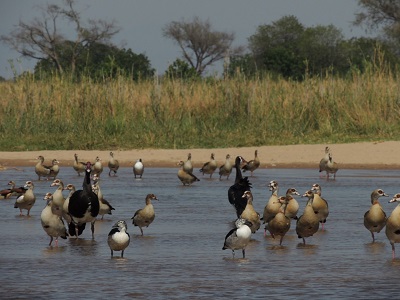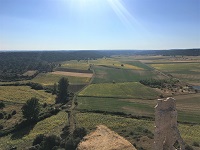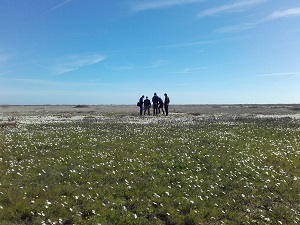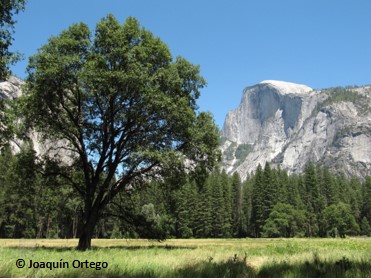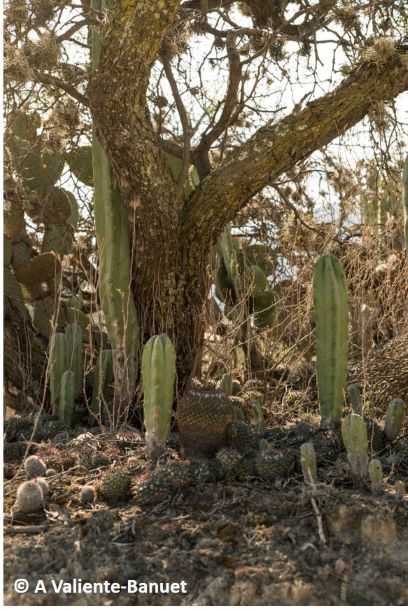
Welcome
Welcome to the official website of the Doñana Biological Station (EBD-CSIC)...

The Doñana Biological Station: EBD-CSIC
The Doñana Biological Station is a public Research Institute belonging to the Spanish Council for Scientific Research CSIC in the area of Natural Resources...

Mission
Our fundamental mission is to carry out multidisciplinary research of the highest standard directed to understanding the way in which biodiversity is generated, maintained and deteriorates, as well as the consequences of its loss...

Our methods
We apply many techniques within a multidisciplinary framework, from molecular genetics to remote sensing, and from modelling to physiological and isotopic analyses...

Monitoring the environment
Monitoring biodiversity at the Doñana Natural Space cover a wide range of communities, including both terrestrial and aquatic organisms...

Aims
Our aims include the study of the ecological and evolutionary processes by combining field work, mathematical and statistical models and physiological and genetic analysis...
 Outstanding
Outstanding
-
 Greater land-use diversity leads to greater species richness
Greater land-use diversity leads to greater species richness -
 Crop yield increase is compatible with biodiversity protection
Crop yield increase is compatible with biodiversity protection -
 Higher levels of biodiversity require larger territories
Higher levels of biodiversity require larger territories -
 Interspecific interactions determine the range-wide distribution and genomic variation in two Californian oaks
Interspecific interactions determine the range-wide distribution and genomic variation in two Californian oaks -
 Unifying facilitation and recruitment networks
Unifying facilitation and recruitment networks
 News
News
Content with tag community ecology .
 Greater land-use diversity leads to greater species richness
Greater land-use diversity leads to greater species richness
This relationship is independent of habitat quality and is a widespread pattern on all continents
 Crop yield increase is compatible with biodiversity protection
Crop yield increase is compatible with biodiversity protection
 Higher levels of biodiversity require larger territories
Higher levels of biodiversity require larger territories
It is the first time that interactions between species are studied to explain the spacies-area relationship.

